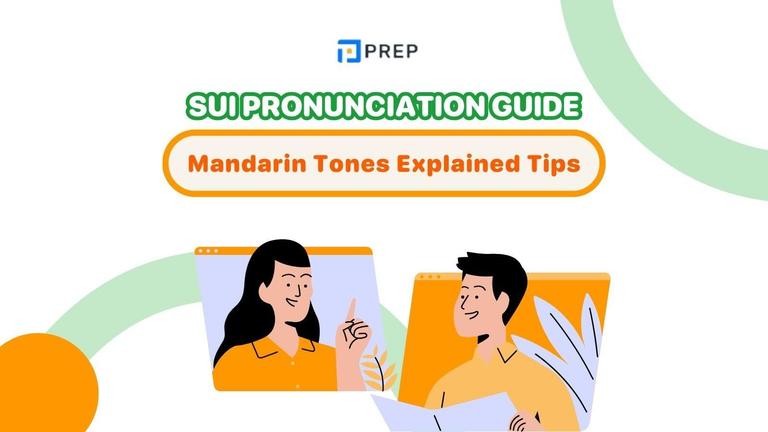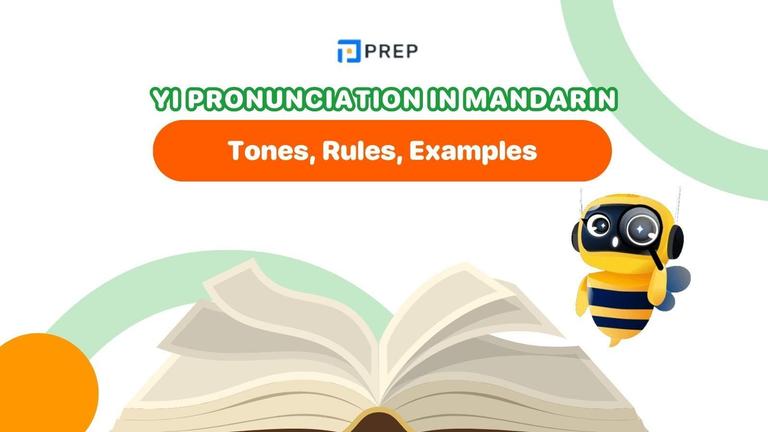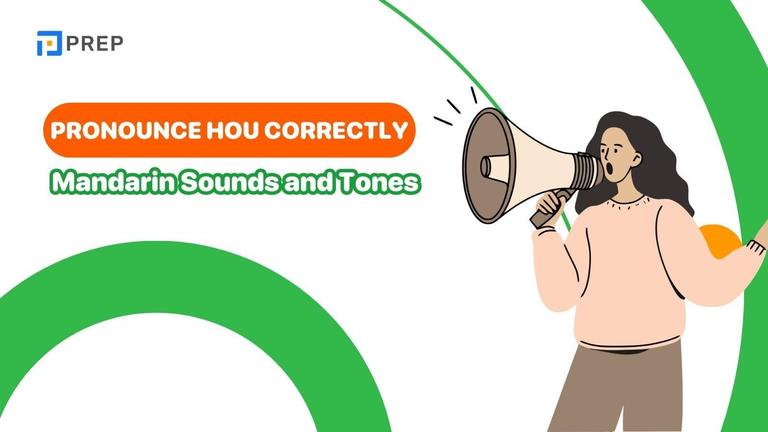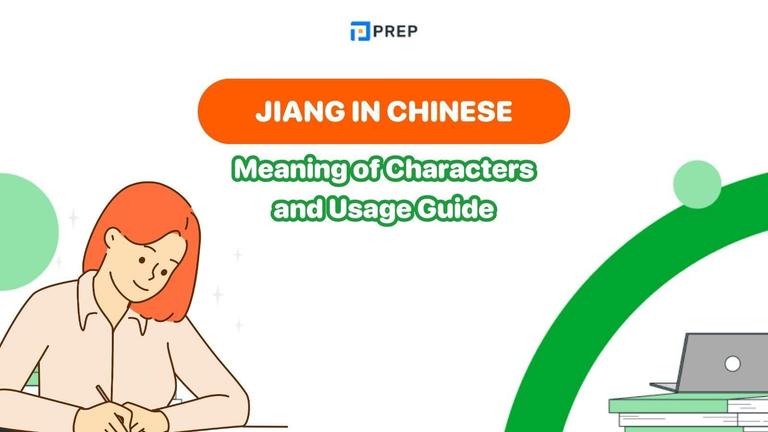Your Ultimate Guide to Decoding the Independent Clause
Mastering the independent clause represents the cornerstone of powerful English communication, transforming fragmented thoughts into clear, compelling sentences that command attention and convey meaning with precision. This comprehensive guide will equip you with the knowledge and practical skills needed to identify, construct, and expertly use independent clauses for academic success, professional excellence, and confident everyday communication.
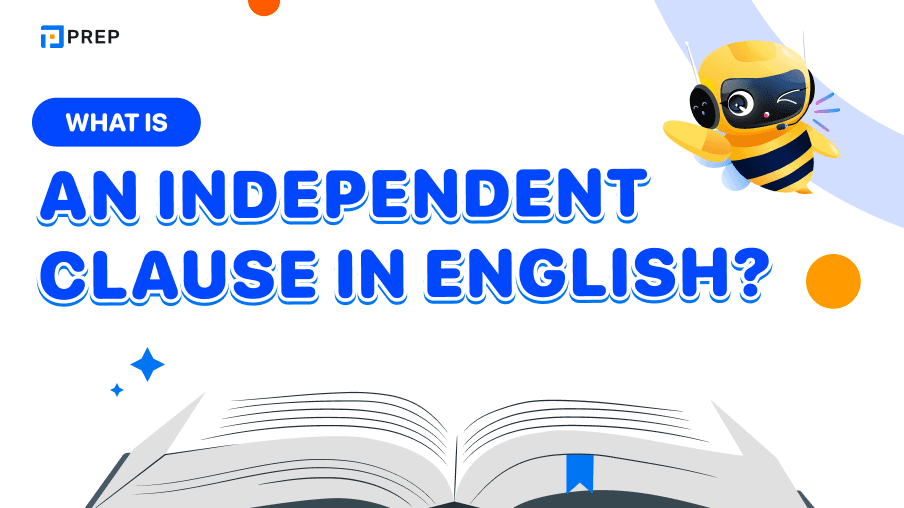
I. What exactly is an Independent Clause?
1. Defining the Independent Clause
An independent clause represents a group of words containing both a subject and a verb that expresses a complete thought capable of standing alone as a grammatically correct sentence. This definition of independent clause emphasizes three critical components that work together to create meaningful communication:
|
Component |
Function |
Example |
|
Subject |
Who or what performs the action |
Students, The book, We |
|
Verb |
Action or state of being |
study, is, completed |
|
Complete Thought |
Makes sense independently |
Students study grammar |
Understanding this definition of independent clause is essential because it distinguishes complete thoughts from fragments or dependent structures that cannot stand alone.
2. Essential Elements Breakdown
• Subject: The central character performing the action (students, books, teachers)
• Verb: Shows action (writes, studies) or state of being (is, seems, becomes)
• Complete Thought: Creates meaning that stands independently without additional context
Every independent clause must contain these three elements to function as a complete sentence.
3. Clear Examples of Independent Clauses
Here are practical example of independent clause constructions that demonstrate proper structure:
• Birds fly. (Subject: birds, Verb: fly)
• The student studies diligently. (Subject: the student, Verb: studies)
• We are mastering English grammar. (Subject: we, Verb: are mastering)
Each example of independent clause above shows how subjects and verbs combine to express complete thoughts.
II. How to Spot an Independent Clause
1. Three-Step Identification Process
Follow this systematic approach to identify every independent clause accurately:
-
Locate Potential Verbs
-
Action verbs: run, think, create, study
-
Linking verbs: is, seems, appears, becomes
-
Various forms: walks (present), walked (past), is walking (progressive)
-
-
Find the Corresponding Subject
-
Ask "who" or "what" performs the action
-
Usually appears before the verb
-
Can be nouns, pronouns, or noun phrases
-
-
Test for Complete Thought
-
Read the independent clause in isolation
-
Determine if it communicates a complete idea
-
Ensure no additional information is needed
-
2. Independent Clauses vs. Phrases
|
Type |
Has Subject? |
Has Verb? |
Complete Thought? |
Example |
|
Independent Clause |
✓ |
✓ |
✓ |
She completed the course |
|
Prepositional Phrase |
✗ |
✗ |
✗ |
on the table |
|
Verbal Phrase |
✗ |
✗ |
✗ |
running quickly |
Understanding these differences prevents confusion when identifying an independent clause within complex sentences.
III. Independent Clauses vs. Dependent Clauses
1. Key Distinctions
|
Feature |
Independent Clause |
Dependent Clause |
|
Stands Alone? |
Yes, forms complete sentence |
No, requires independent clause |
|
Contains Subject & Verb? |
Yes, both present |
Yes, both present |
|
Starts with Subordinating Conjunction? |
No (typically) |
Yes (usually) |
|
Forms Complete Thought? |
Yes, meaning is clear |
No, meaning is incomplete |
2. Common Subordinating Conjunctions
Dependent clauses typically begin with these words, which distinguish them from an independent clause:
• Time: after, before, when, while, since, until
• Cause/Effect: because, since, as, so that
• Contrast: although, though, whereas, while
• Condition: if, unless, provided that
3. Examples in Context
• Independent clause: "We stayed inside." (Complete thought)
• Dependent: "Because it was raining." (Incomplete - needs more information)
• Combined: "We stayed inside because it was raining." (Complete sentence with one independent clause)
IV. Punctuation Rules for Independent Clauses
1. Simple Sentences (One Independent Clause)
End punctuation options for a single independent clause: • Period (.): Statements and declarations • Question Mark (?): Direct questions
• Exclamation Point (!): Strong emotion or emphasis
2. Combining Independent Clauses
2.1 Method 1: Comma + FANBOYS
|
Conjunction |
Purpose |
Example |
|
For |
Reason |
She studied hard, for she wanted high scores |
|
And |
Addition |
He completed exercises, and he reviewed answers |
|
Nor |
Additional negative |
She didn't skip tests, nor did she ignore feedback |
|
But |
Contrast |
The exam seemed hard, but she felt confident |
|
Or |
Choice |
Focus on grammar today, or practice reading instead |
|
Yet |
Surprise/contrast |
He studied intensively, yet he struggled with writing |
|
So |
Result |
She practiced daily, so she felt prepared |
2.2 Method 2: Semicolon (;)
Use for closely related independent clause combinations without conjunctions: • "Grammar requires practice; vocabulary needs regular exposure."
2.3 Method 3: Semicolon + Conjunctive Adverb + Comma
• "Students struggle with grammar; however, practice leads to improvement."
Common conjunctive adverbs: however, therefore, moreover, consequently, furthermore, nevertheless
V. Sentence structures with Independent Clauses
|
Type |
Structure |
Example |
|
Simple |
1 Independent Clause |
Students practice grammar daily |
|
Compound |
2+ Independent Clauses |
Students practice grammar, and they review mistakes |
|
Complex |
1 Independent + 1+ Dependent |
When students practice regularly, they improve |
|
Compound-Complex |
2+ Independent + 1+ Dependent |
When students practice, they improve, and they gain confidence |
VI. Common Mistakes and Solutions
1. Error #1: Comma Splice
Problem: Joining two independent clause structures with only a comma
• Incorrect: "Students study regularly, they improve scores."
Solutions:
• Period: "Students study regularly. They improve scores."
• Conjunction: "Students study regularly, and they improve scores."
• Semicolon: "Students study regularly; they improve scores."
• Subordination: "When students study regularly, they improve scores."
2. Error #2: Run-on Sentences
Problem: Joining multiple independent clause units without punctuation
• Incorrect: "Students practice grammar they see improvement"
Solutions: Apply same techniques as comma splice corrections
3. Error #3: Sentence Fragments
Problem: Incomplete thoughts punctuated as complete sentences
• Incorrect: "Because students practice daily."
• Correct: "Because students practice daily, they achieve better scores."
Mastering the independent clause provides the grammatical foundation essential for effective English communication across all contexts. Whether preparing for standardized tests, advancing academic writing, or enhancing professional communication, your understanding of independent clause structure transforms basic expression into sophisticated, confident language use.
Through systematic identification, proper punctuation, and varied sentence construction, you now possess the tools to elevate your English from functional to exceptional. Practice these independent clause concepts consistently, and watch your communication skills reach new levels of clarity, precision, and impact.

Hi I'm Chloe, and I am currently serving as an Product Content Administrator at Prep Education. With over five years of experience in independent online IELTS study and exam preparation, I am confident in my ability to support learners in achieving their highest possible scores.
Comment
Premium content
View allPersonalized roadmap
Most read




